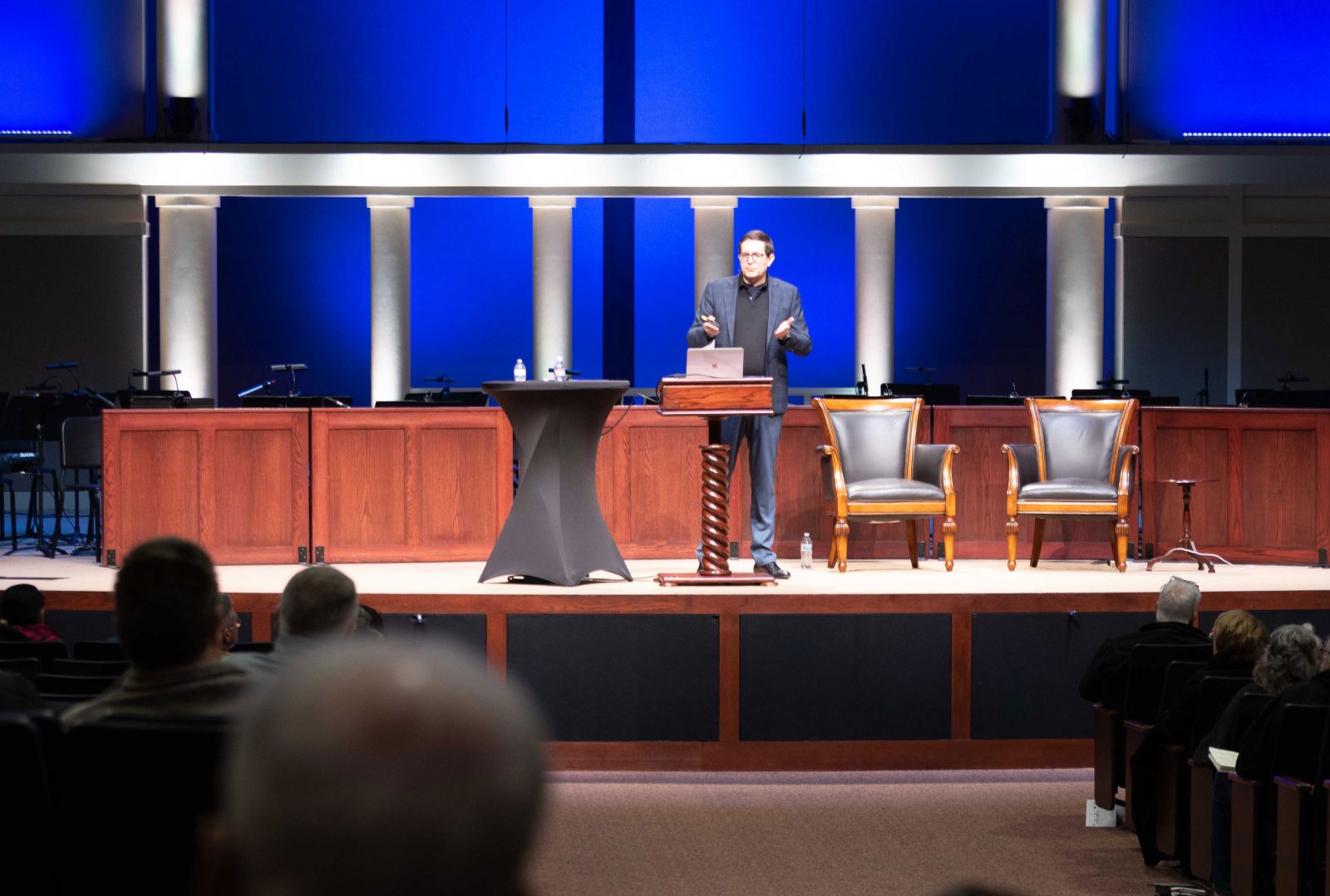
Did Chess Ace Hans Niemann Cheat? A Design Detection Poser
On this ID the Future, mathematician William Dembski and host Eric Anderson explore whether design detection tools shed any light on the recent chess scandal involving world chess champion Magnus Carlsen and American grandmaster Hans Moke Niemann. Did Niemann cheat in a match where he beat Carlson, as some have claimed? There is no smoking gun in the case, so how might one determine if cheating occurred? At first glance the problem might seem far removed from the design detecting rules and tools Dembski laid out in his Cambridge University Press monograph The Design Inference. But actually there is some intriguing overlap. Is there a way to dig into the chess data and determine whether Niemann secretly used a computer chess engine to help him win the match? Tune in as Dembski and host Eric Anderson wrestle with the problem.
